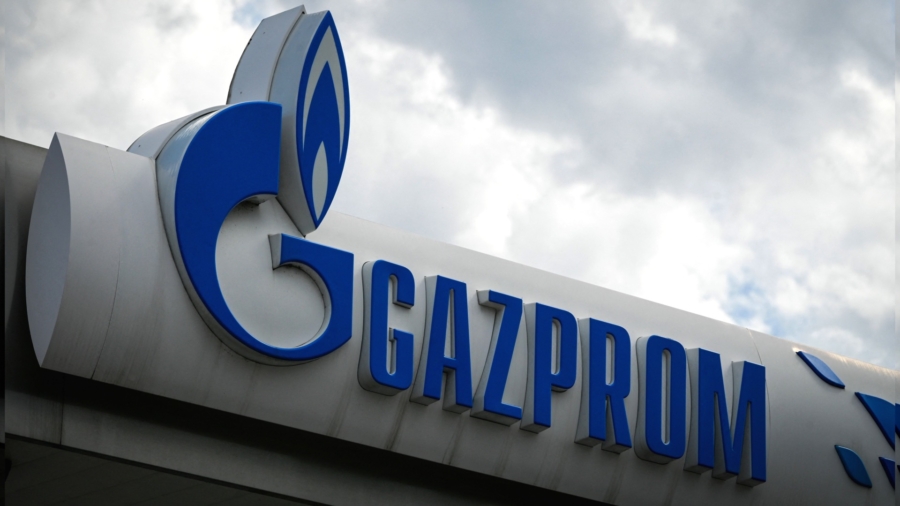European leaders have condemned Russia’s move to cut off gas supplies to Poland and Bulgaria as “blackmail” after the two NATO members had supplies shut off for refusing to pay in rubles.
Moscow’s state-owned energy corporation Gazprom confirmed in an April 27 statement it had fully halted gas exports to Polish gas company PGNiG and Bulgaria’s Bulgazrgaz, which prompted a quick response from EU leaders.
The European Commission has accused Russia of using its export of gas to customers in Europe as an instrument of blackmail and said it was already “prepared for this scenario.”
“This latest aggressive move by Russia is another reminder that we need to work with reliable partners and build our energy independence,” European Commission President Ursula von der Leyen said in a statement, adding that both NATO members are now receiving gas from their EU neighbors.
The Kremlin said other countries may also have gas supplies shut if they don’t agree to the payment arrangement. Russian President Vladimir Putin issued an order last month demanding buyers from “unfriendly” countries purchase gas in rubles instead of dollars or euros.
Most EU countries have rejected this demand, but it is not clear how many have actually faced the moment of decision so far. Greece’s next scheduled payment to Gazprom is due on May 25, for example, and the government must decide then whether to comply.
Bulgarian Prime Minister Kiril Petkov called Gazprom’s announcement to change the payment “a gross violation of their contract and is blackmail for using a non-contractual plan for payment in rubles through third parties.”
Polish Prime Minister Mateusz Morawiecki told his country’s Parliament that he believes Poland’s support for Ukraine—and the new sanctions imposed by Warsaw on Tuesday—were the real reasons behind the gas cutoff.
Poland has been a major gateway for the delivery of weapons to Ukraine and confirmed this week that it is sending the country tanks. Just hours before Gazprom acted, Poland announced a new set of sanctions against the company and other Russian businesses and oligarchs.
Russia is one of the world’s largest producers of oil and natural gas, accounting for 17 percent of the world’s natural gas and 12 percent of its oil, and is also Europe’s biggest oil supplier, providing slightly more than a quarter, or 26 percent, of EU oil imports in 2020, according to data from the bloc’s statistics office Eurostat.
Germany, the largest economy on the continent, and Italy are among Europe’s biggest consumers of Russian natural gas, though they have been taking steps to reduce their dependence on Moscow.
The Kremlin demanding buyers to purchase gas in rubles could serve to strengthen the value of the Russian currency, which has weakened amid Western sanctions in response to its invasion of neighboring Ukraine.
The Associated Press contributed to this report.

